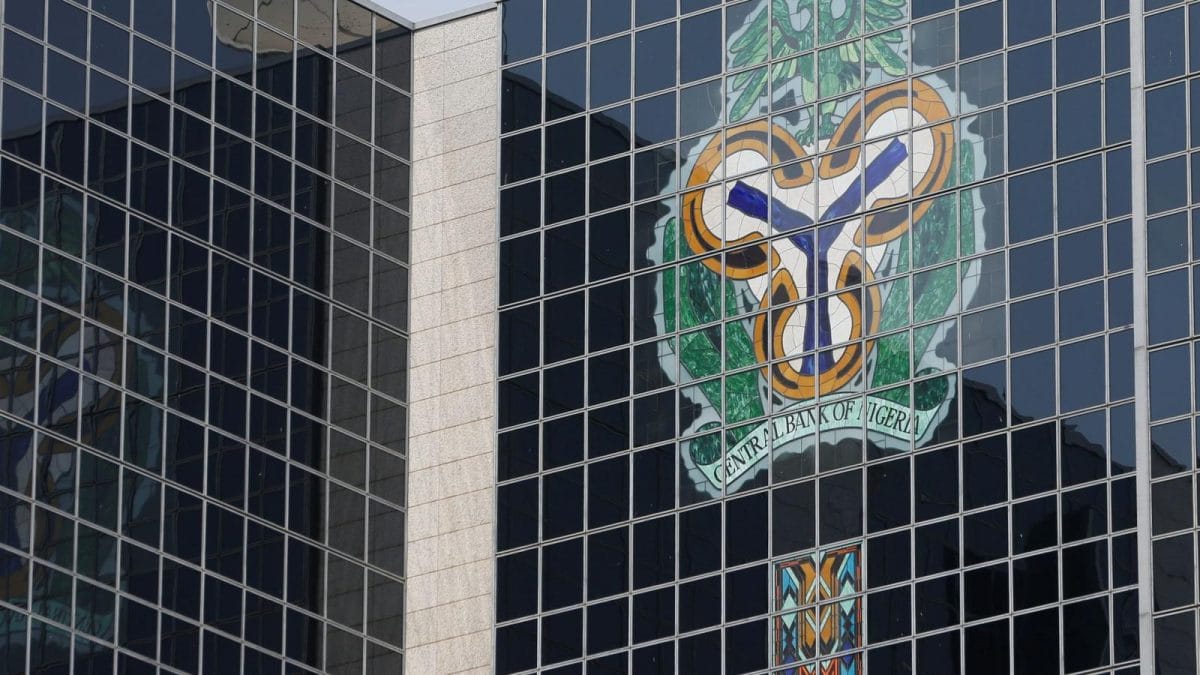BUSINESS

CBN-RESTRICTED RESERVES IN SEVEN BANKS RISE TO N18.8TN
As of March 31, 2025, seven Nigerian banks reported a combined N18.82 trillion in restricted deposits with the Central Bank of Nigeria (CBN), reflecting a significant increase from N17.54 trillion recorded in December 2024. Leading the group is
Access Holdings, with N8.64 trillion in restricted funds—up by N1.58 trillion or 22.4% from its December figure of N7.06 trillion. These funds, categorized under mandatory reserve deposits, special cash reserve requirements, and differentiated cash reserve schemes, are held with the apex bank and are not accessible for day-to-day banking operations. They serve as monetary policy tools used by the CBN to regulate liquidity, curb inflation, and maintain financial system stability.
The Cash Reserve Ratio (CRR)—the proportion of a bank’s total deposits that must be retained with the CBN—is one of the key instruments in this regard. These reserves are not available for lending or investment purposes.
Access Holdings posted the highest restricted deposit balance among the banks, with the figure including other restricted assets as stated in its financial disclosures. The bank also noted that it maintains a $5 million minimum balance with Afrexim Bank as part of a $300 million term loan agreement.
United Bank for Africa (UBA) reported N3.46 trillion in restricted deposits as of March 2025, down by N470 billion or 12% from N3.93 trillion in December 2024.
Guaranty Trust Holding Company’s reserves rose by 10.6%, from N1.96 trillion in December to N2.17 trillion in March. The bank clarified that the amount strictly represents its cash reserve obligations to the CBN.
Fidelity Bank saw a 4.4% rise in restricted funds, reaching N1.66 trillion, up from N1.59 trillion. This includes N1.36 trillion in mandatory reserves and N221 billion under the special cash reserve framework.
Stanbic IBTC also reported an increase, with reserves climbing to N758 billion in March from N717 billion in December, a 5.7% growth.
FCMB Group, however, recorded a 13.7% decline in restricted deposits, falling to N1.24 trillion in March from N1.44 trillion three months prior.
Wema Bank’s restricted deposits rose to N892 billion, a 6.3% increase from N839 billion in December 2024. The balance includes N26 billion under the Differentiated Cash Reserve Requirement (DCRR) aimed at supporting real-sector funding.
Meanwhile, the CBN’s Monetary Policy Committee maintained the Monetary Policy Rate (MPR) at 27.5%—its second consecutive hold in 2025. Governor Olayemi Cardoso stated the decision was unanimous, allowing the committee to better observe short-term economic developments.
The CBN also retained the asymmetric corridor at +500/-100 basis points, set the CRR at 50.00% for deposit money banks and 16.00% for merchant banks, and maintained the Liquidity Ratio at 30.00%. According to the National Bureau of Statistics, Nigeria's headline inflation rate eased slightly to 23.71% in April 2025, down from 24.23% in March.
Commenting on the high reserve requirements, economist and CEO of the Centre for the Promotion of Private Enterprise,
Muda Yusuf, criticized the impact on banking operations. He noted that the 50% CRR, when combined with a 30% liquidity ratio, limits banks' ability to lend and perform their intermediary role, saying, “This is very detrimental to investment and economic growth.”
Yusuf emphasized the need to shift focus from monetary tightening to supply-side fiscal interventions to address inflation more effectively. “While monetary tools have a role, they are not sufficiently effective in curbing inflation,” he said.
On the other hand, Bismarck Rewane, CEO of Financial Derivatives Company Limited, offered a supportive view of the CBN’s strategy. He explained that the CBN’s aggressive liquidity control is aimed at combating inflation, which is closely tied to excess liquidity.
“Yes, the CRR is high, but under the current inflationary pressures, it’s necessary. Once inflation starts to ease consistently, we can expect reductions in both the CRR and MPR,” Rewane noted, linking inflation trends to output constraints and rising demand.
"This represents a significant development in our ongoing coverage of current events."— Editorial Board









